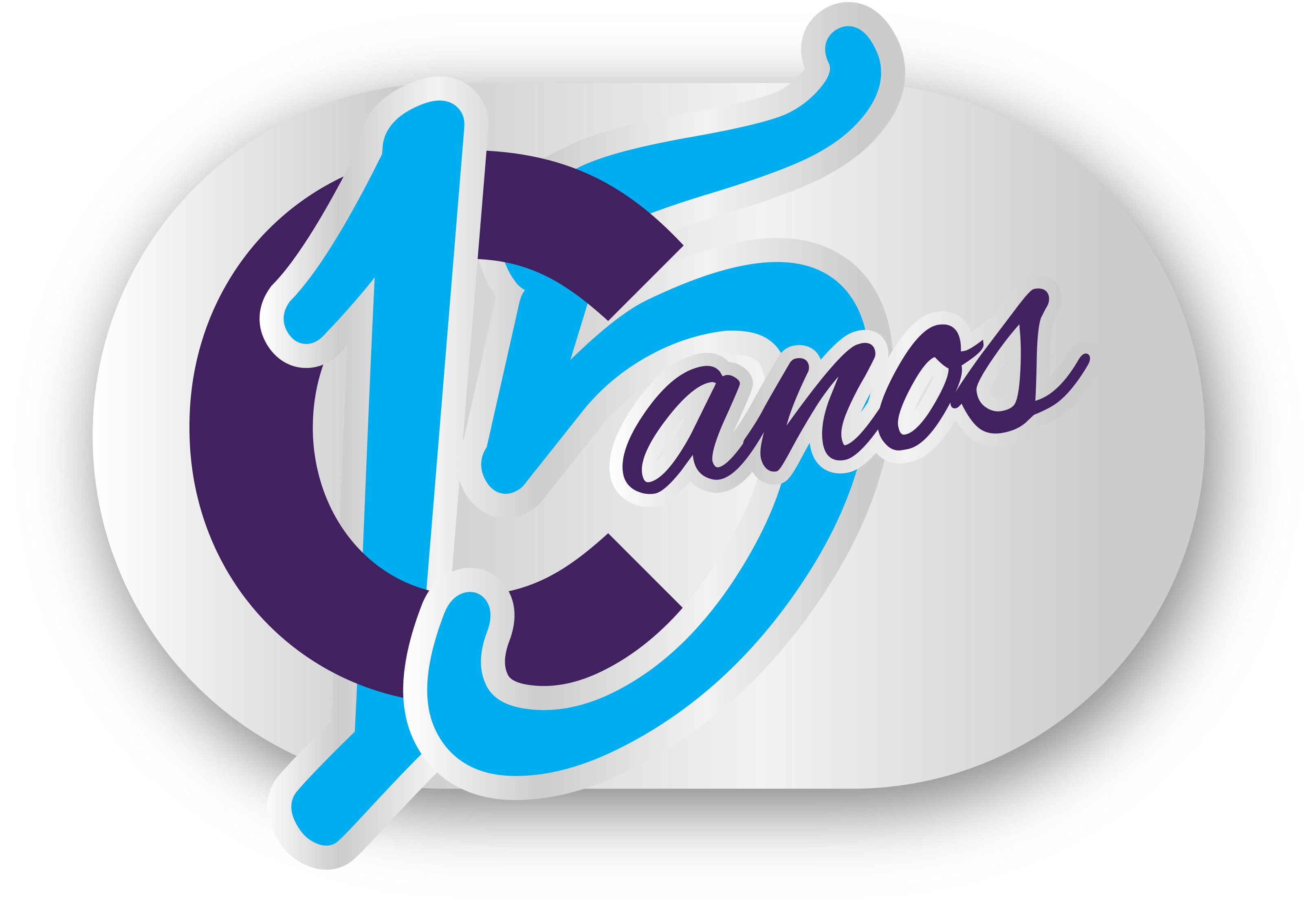PANORAMA SOCIETÁRIO
Proposed bill pushes relevant changes to Brazilian corporations act and securities market act
Proposed bill pushes relevant changes to Brazilian corporations act and securities market act
On June 2, 2023, Bill No. 2925/2023 (“Bill“) was submitted to the National Congress by the Brazilian Executive Branch. If passed and sanctioned according to its original terms, the Bill will promote relevant changes to the Brazilian Corporations Act and to the Federal Law No. 6.385/76 (“Brazilian Securities Market Act“).
The main innovation proposed by the Bill is the introduction of class actions as an additional mechanism to seek indemnification for damages caused by the management and/or controlling shareholder(s) of publicly traded companies who infringed local securities market legislation and regulation. According to the Bill, investors would also have similar rights in relation to public offerings coordinators and intermediaries.
In accordance with the Bill, holders of, at least, 2.5% of the same type and class of securities or of an investment equal to or greater than BRL 50,000,000.00 (amount to be annually updated per the Brazilian Extended National Consumer Price Index), would have legal standing to sue, being such parameters subject to weighing by the Brazilian Securities and Exchange Commission (local acronym, “CVM”) in future regulations to be issued on the matter.
If the court rules in favor of the investor, the effects of the final decision would extend to all of the affected parties, except those who have filed individual lawsuits. Furthermore, should the court rule in favor of the investor, the management and/or the controlling shareholder(s), as the case may be, would be responsible for bearing the costs and expenses of the lawsuit, as well as for paying the plaintiff(s) the amount of damages plus a total premium rate of 20%, of which defeated party’s fees would be discounted.
The Bill also proposes changes that would expedite the exercise of the right to indemnity for damages caused by actions or omissions by the management and/or controlling shareholder(s). The most relevant one is the removal of the automatic discharge to management as a result of the approval of the management accounts, which often appears as an obstacle to the filing of a liability action against the managers, since it requires the previous filing of an annulment action of the general meeting’s resolution that approved said accounts, the course of which often ends up consuming the statute of limitations of the liability action.
If the Bill passes with its current wording, the discharge to the managers will depend upon a specific resolution by the general shareholders’ meeting of both public and closely held companies.
Another relevant measure is that, in addition to disputes between shareholders and the company, or between controlling shareholders and minority shareholders, disputes involving the management of a company and/or coordinators/intermediaries of public offerings may also be submitted to arbitration, and that the records of the arbitration proceedings must necessarily be made public.
Lastly, the Bill also proposes strengthening the CVM’s prerogatives in carrying out its inspection role, by allowing on-site inspections of inventories, objects, papers of any nature, commercial books, computers and electronic files and making copies thereof; request the Judiciary Branch to issue search and seizure warrants with respect to the aforementioned objects, papers and files; request examination and copies of investigations, lawsuits and administrative proceedings by any Brazilian authority; as well as share access to confidential information with monetary and tax Brazilian authorities, provided that the restrictions applicable to access by third parties are observed.
The drafting of the Bill is the result of discussions about changes to the corporate legislation that had been taking place among the Ministry of Finance of Brazil, the CVM and the Organization for Economic Cooperation and Development (“OECD“), and its submission to the Brazilian National Congress was, most likely, expedited to meet the market’s demands following one of the biggest corporate scandals in Brazil involving the top Brazilian retailer Lojas Americanas.
If the Bill passes, investors will then receive powerful tools to better enforce their rights in Brazil.
To learn more about the above mentioned matters, get to know Cascione Advogados’ Merger and Acquisitions, Corporate and Contracts practice.
